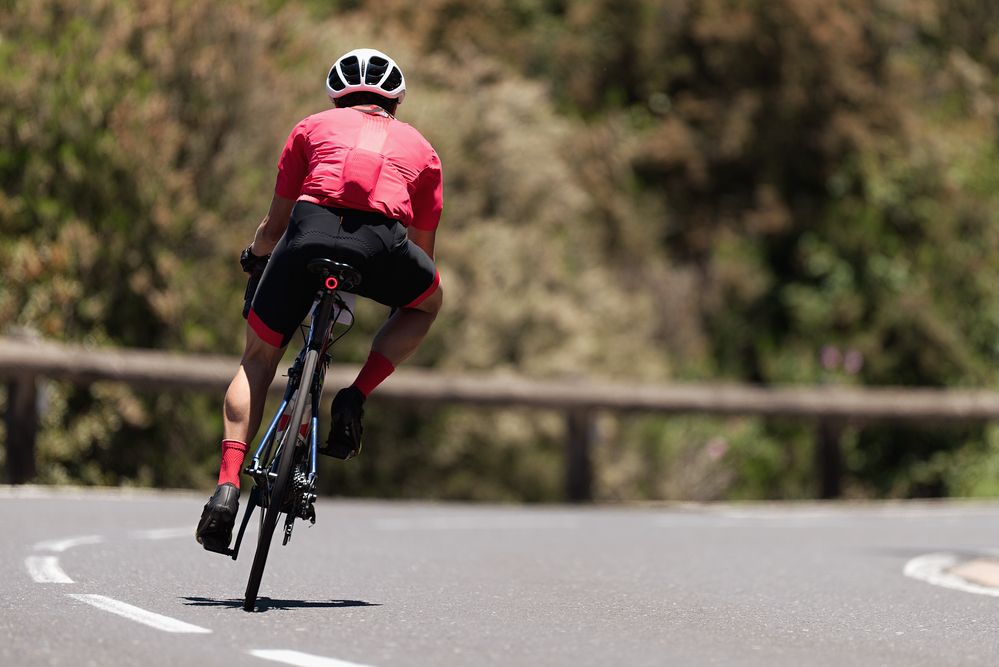You don’t burn the most calories in your 20s
The commonly held belief is that your metabolism is fastest in your 20s and it’s all downhill from there. Researchers from Pennington Biomedical discovered that the human body works differently. They analysed the average calories burned by more than 6,600 people. The participants’ ages ranged from one-week old to 95 years old, and they were spread across 29 different countries. Their analysis of energy expenditures across the entire lifespan revealed many surprises.

“Some people think of their teens and 20s as the age when their calorie-burning potential hits its peak. But the study shows that, pound for pound, infants had the highest metabolic rates of all,” said Dr. Peter Katzmarzyk.
Babies burn the most and not because of growth
That’s right, this study showed that it’s not your 20s but your early years when you burn the most calories per kilogram of your body weight. They showed that energy needs spike during the first 12 months of life. At the age of 1, babies burn calories 50% faster than adults when adjusted for weight. And this is not because of the rapid growth.
“The babies grow rapidly, which accounts for much of the effect. However, after you control for this, their energy expenditures tend to be higher than what you would expect for their body size. More research is needed to better understand the metabolism of babies. We need to know what is driving higher energy expenditures,” Dr. Corby Martin said.
Your metabolism is stable from your 20s to your 50s
The second big surprise follows right after infancy. When you grow out of the infancy stage your metabolism slows by about 3% each year until your 20s. Not even the growth spurt in adolescence makes a difference here when weight is taken into account. And guess what, when you turn 20 your metabolism stabilises and stays about the same all the way to your 50s!

Your metabolism starts slowing down in your 60s
The data suggest that your metabolism doesn’t really start to slow down until after the age of 60. And even after that, the slowdown is very gradual. It slows by approximately 0.7% every year. The researchers found that a person in their 90s needs about 26% fewer calories each day than someone midway through their lives. This slowdown is partly due to lost muscle mass because muscle burns more calories than fat. But it doesn’t explain the slowdown fully.
Your cells slow down after 60
The pattern of slowing metabolism held strong even when researchers accounted for differences in physical activity levels. It had been hard to identify what exactly drives the slowdown in the past, but this study’s modern methodology and design allowed the researchers to offer a new answer.
“We took dwindling muscle mass into account. After 60, a person’s cells slow down. This study shows that the work cells do change over the course of the lifespan in ways we couldn’t fully appreciate before. But massive data sets like the one we collaborated on allow us to answer questions we couldn’t address,” Dr. Eric Ravussin explained.
This is really good news for your metabolism but bad news for your excuses. You will have to wait till you’re 60 before you can start complaining about slowing metabolism. And you’re probably going to be 70 before any notable change actually happens.




